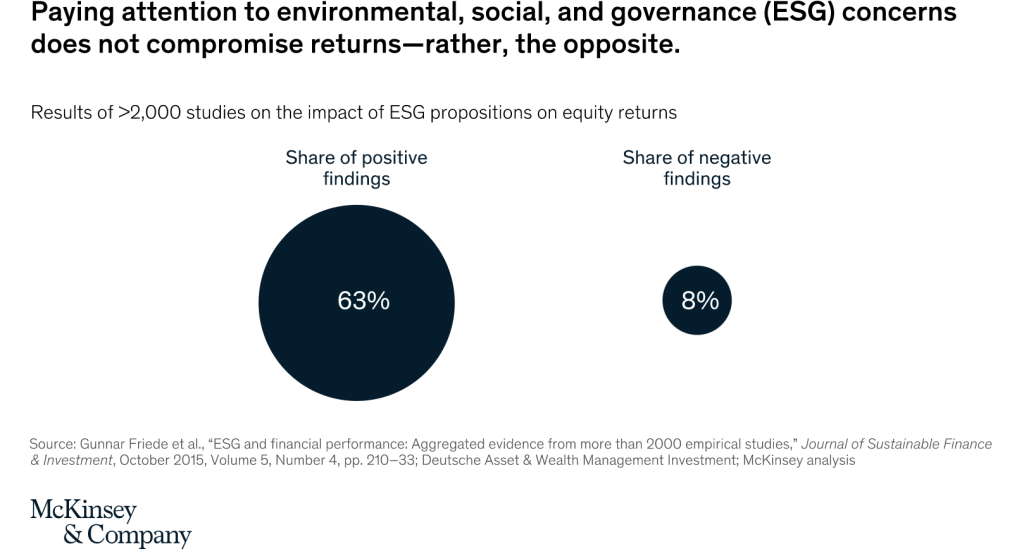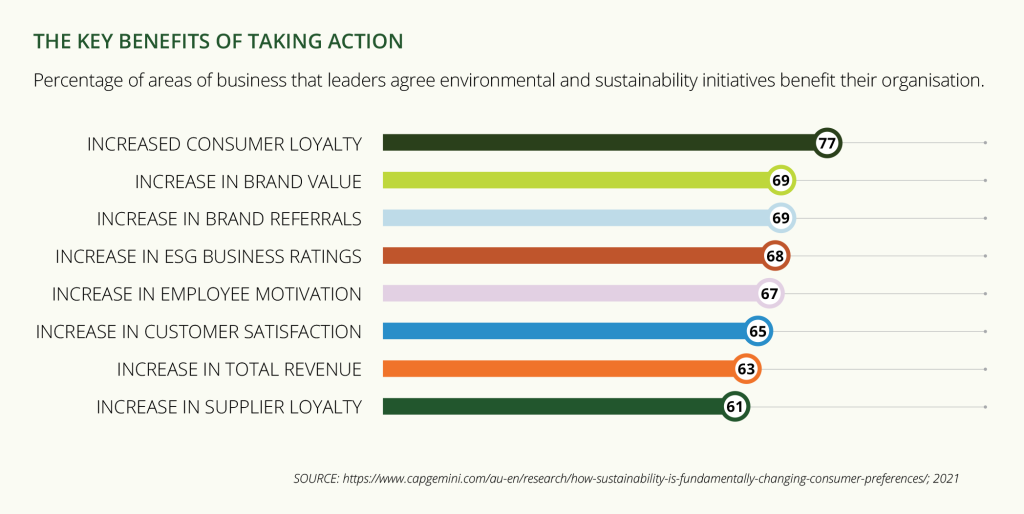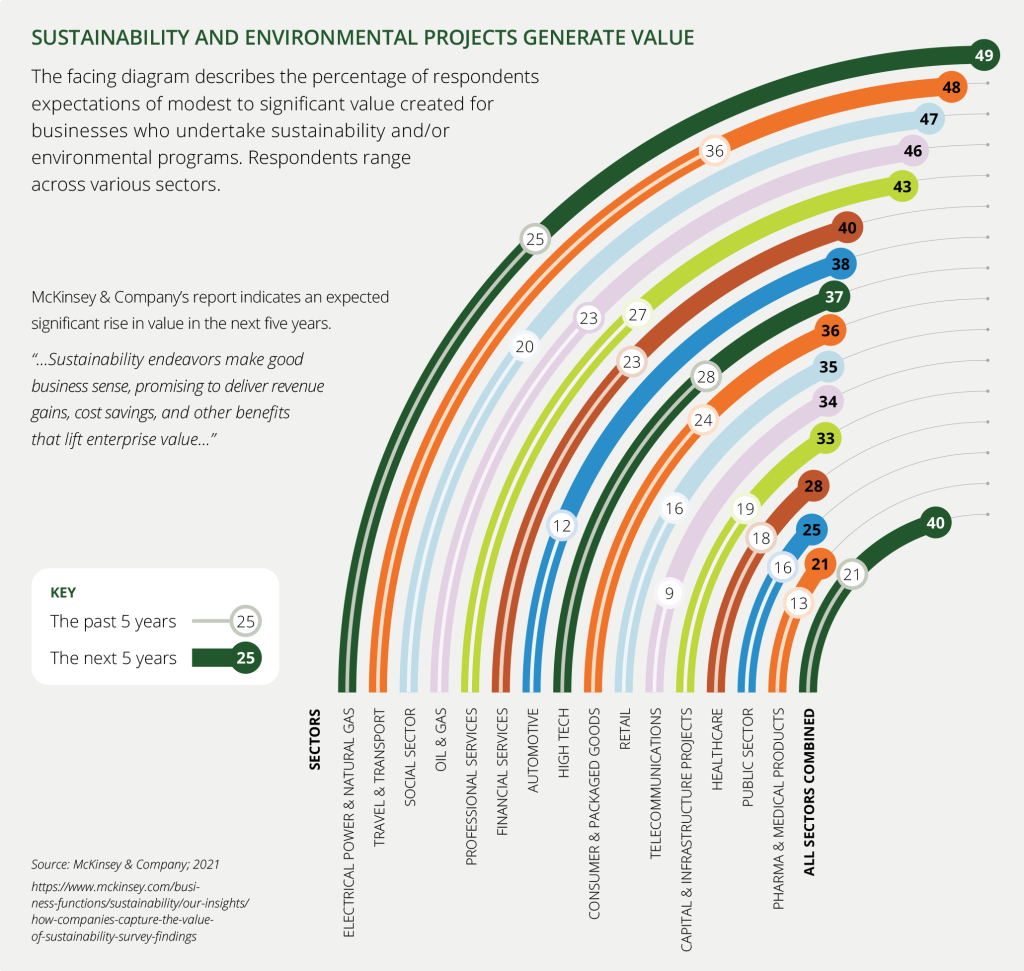The benefits for SMEs of reducing their environmental impact
Carbon Neutral
DateApril 2022

Our relationship with the world around us continues to change with each passing day. People care a lot more about the impact we’re having on the environment than they did a couple of decades ago, with green schemes, sustainability drives and heightened social pressure to take care of the world we share.
For all businesses, including small-to-medium sized businesses (SMEs), there’s a sense of expectancy to ensure you’re doing everything you can to keep your carbon emissions and other harmful environmental outputs to a minimum.
Whether it’s understanding the impact you’re already having, the desire to reduce the size of your footprint, or achieve carbon neutrality, we’re here to help you move towards a business model which sees reductions on your impact on the environment.
The benefits of carbon neutrality as an SME
There’s a good chance you want to take a step towards lower carbon emissions because it’s the right thing to do, especially as the climate crisis worsens around the world. But that doesn’t mean there aren’t also a number of benefits to making the switch from other business perspectives – here are some of the ways your SME can prosper.
1. Appeal to customers, employees, and partners
Nine out of ten Australian consumers are more likely to purchase ethical and sustainable products according to 2020 research by CouriersPlease.
Having the ability to shout about your carbon neutral status will naturally make you more appealing to potential employees, customers and business partners. Modern consumers, workers and investors have become keener to buy from and deal with businesses that have made a commitment to becoming greener. This is something which could be a massive help when trying to attract the right kind of attention.
Making carbon neutral commitments demonstrates to investors and stakeholders that organisations are holding themselves accountable for their environmental impact, and makes it clear that they are measuring and managing climate risks effectively. By tracking progress against a benchmark, environmental performance against competitors can be highlighted and progress each year promoted and shared. It can be a clear way to identify where opportunities for improvement lie and make targeted changes to see the tangible output of those actions.
The benefits of carbon neutrality can also reward organisations internally by attracting, motivating and retaining employees. Younger generations are more prepared to support environmental and social responsibility, with a Cone Communications study illustrating 75% of respondents would take a pay cut in order to work for a more ethical organisation.

2. Save money
As well as this myriad of benefits, SMEs will also find that switching to a greener way of doing business can also have a positive impact on their bottom line. There are a number of ways reducing your carbon footprint will save you money. These include savings on energy bills, office supplies, and water.
The not-for-profit organisation CDP recently conducted a study that found companies who have made climate commitments are able to gain an 18% higher return on investment than organisations that did not. They also found that companies have seen their sustainable products grow 5.6 times faster than non-sustainable products.

3. Competitiveness against larger organisations
In a market where you might be competing with companies bigger than yourself, it’s important to take every opportunity you can to get ahead. Positioning yourself as a sustainable or greener alternative to a business you might not be able to compete with financially could make a huge difference amongst consumers.

4. Enhance image and reputation
Similarly, your general image will be heightened in the eyes of the wider public. People tend to trust organisations that show they care for issues beyond their own personal interests. Becoming carbon neutral is one of the best ways to demonstrate your wider ethics as an SME.
An IBM report investigating consumer habits found that 70% would pay a premium of 35% for products by brands they recognise as sustainable and environmentally friendly. Sustainability is becoming a story more people can relate to, and are willing to get behind.
5. Developing new products and services and open new markets
Taking climate action can uncover risks and opportunities that would otherwise be overlooked, which can help inform business development and strategy especially in emerging markets. For example, recycling wastes by using them to develop new products or services can decrease emissions from waste and create new opportunities.

6. Decreasing the risk of future regulation
Making carbon commitments now also gets organisations ahead of regulation and prepares for looming mandatory environmental reporting rules. Whilst only currently for large public-interest organisations, the EU requires these businesses to report and disclose their social and environmental impacts.

If you’re interested in reducing your environmental impact as an SME or larger organisation you can get in touch with us to discuss measuring, reducing, and offsetting your emissions to take climate action today.
Our role is to provide a better understanding of what’s involved and help our clients implement simpler solutions to reduce their impact on the climate. We offer carbon management services to organisations across the globe, supporting a diverse range of clients from individuals to large corporate emitters. Our carbon advisory services help clients estimate their carbon emissions and devise strategies to reduce emissions. We have a diverse range of carbon offset projects with the ability to source from Australia and across the world to meet the specific needs of clients.
Parts of this article were adapted with permission from an original guide created by the Retail Merchant Services that you can access here.
Share This